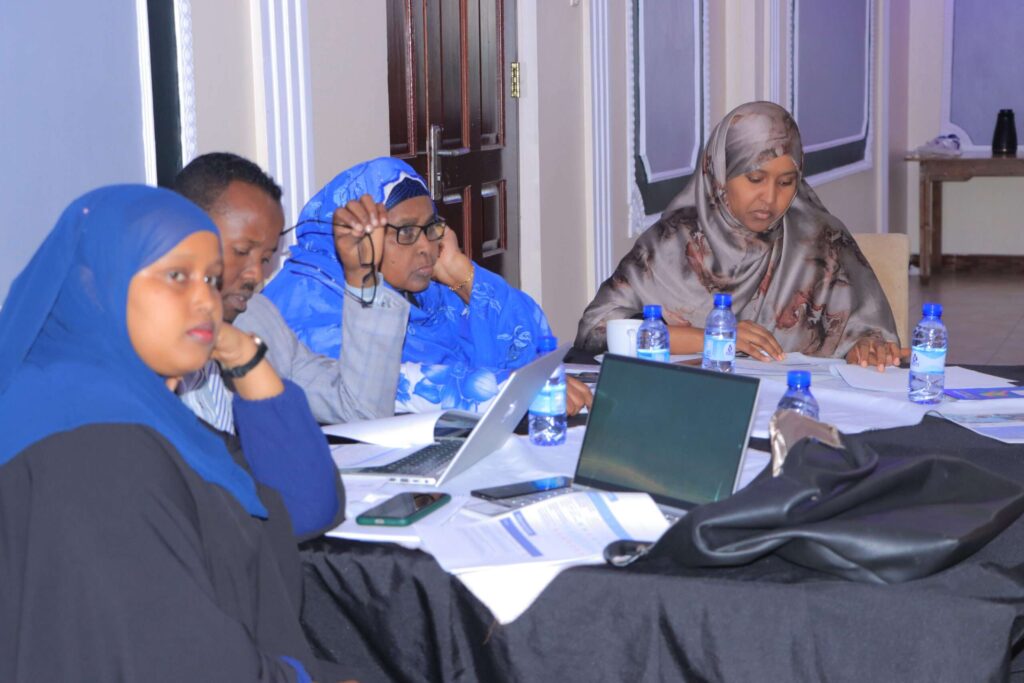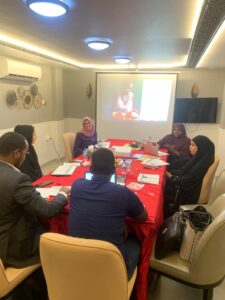

Training of Data Collectors for FGDs in a Midwifery Workforce Development Cohort Study
A two-day training session was jointly conducted by SORDI and Johns Hopkins University (JHU) with the objective of equipping data collectors for the task of conducting Focus Group Discussions (FGDs) as part of a cohort study. This study seeks to delve into the experiences of early career midwives operating in conflict-affected regions, aiming to unearth factors that influence their retention and performance. The training encompassed a blend of practical exercises and theoretical knowledge, covering research objectives, FGD methodology, ethical considerations, facilitation skills, and data management procedures. Particular emphasis was placed on honing facilitation skills through role-playing activities, where data collectors took on various roles such as facilitator, note-taker, and observer. Mock FGD sessions were orchestrated to simulate real-world scenarios, enabling participants to apply their newfound skills in a practical setting. Constructive feedback provided by the trainers aided data collectors in refining their techniques, thereby enhancing their overall performance.

During the training, data collectors were immersed in a comprehensive curriculum designed to arm them with the necessary tools for successful FGD facilitation. The focus extended beyond theoretical understanding to practical application, ensuring participants were adept in every facet of the process. Through role-playing exercises, they were able to immerse themselves in different roles within an FGD, gaining firsthand experience in managing discussions, eliciting meaningful insights, and proficiently documenting outcomes. These activities were complemented by mock FGD sessions, meticulously crafted to mirror real-world scenarios, thereby providing a platform for participants to test their skills in a controlled environment. Facilitators offered invaluable feedback, guiding data collectors towards refining their approaches and bolstering their capabilities. By the culmination of the training, participants emerged equipped with enhanced skills and confidence, poised to effectively execute FGDs as part of the cohort study.

